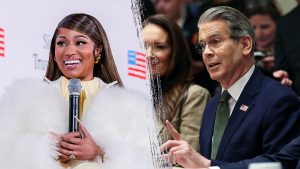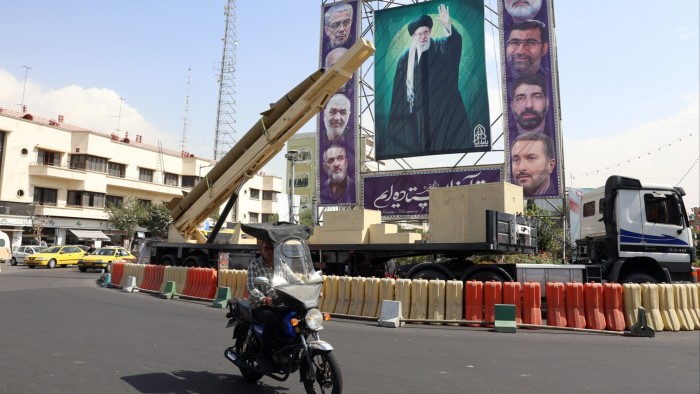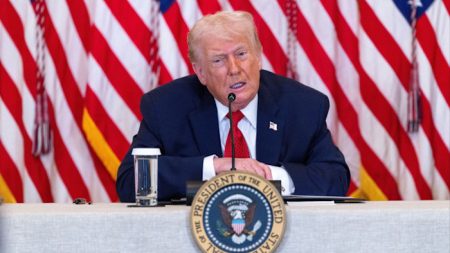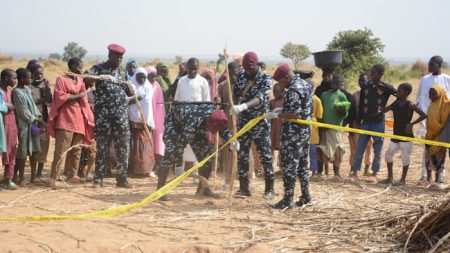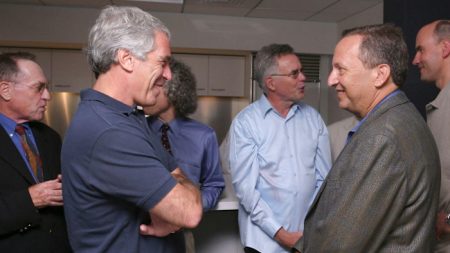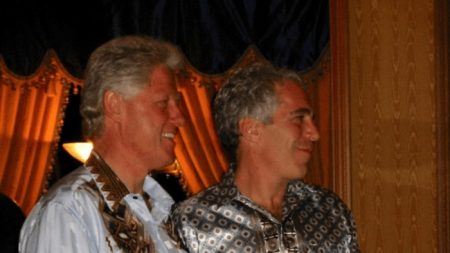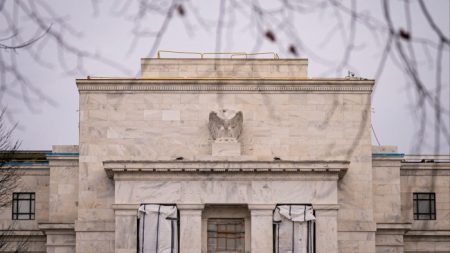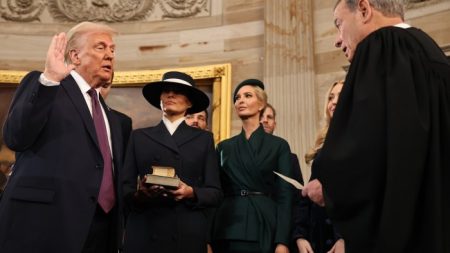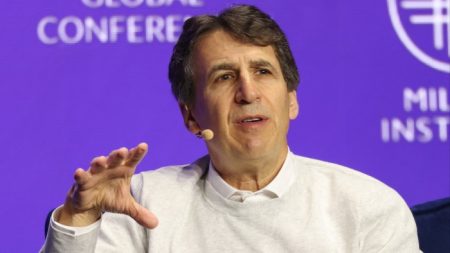Unlock the White House Watch newsletter for free
Your guide to what Trump’s second term means for Washington, business and the world
UN sanctions have been reimposed on Iran after the Islamic republic failed to convince western powers that it would address their concerns over its nuclear programme.
The move raises the stakes in the west’s stand-off with Tehran and comes after the UK, Germany and France triggered a “snapback” process last month that gave Iran a 30-day window to meet their conditions or face the reintroduction of international sanctions.
The sanctions kicked in after a Saturday night deadline expired “based on Iran’s continuing ‘significant non-performance’ of its nuclear commitments”, US secretary of state Marco Rubio said in a statement.
“The provisions enumerated in the restored resolutions address the threats posed by Iran’s nuclear, ballistic missile, conventional arms, and destabilising activities”, he added. Among their requirements is that Tehran halt uranium enrichment and be prohibited from using ballistic missile technology.
The European powers, known as the E3, had demanded that Iran restart talks with the US, resume co-operation with the International Atomic Energy Agency and clarify the status of its 408kg stockpile of uranium that has been enriched close to weapons grade.
Despite last-minute talks between European and Iranian officials on the sidelines of the UN General Assembly in New York this week, there was no progress on efforts to kick-start negotiations between Washington and Tehran. The E3 were also not satisfied that Iran would allow the IAEA to resume inspections of its main nuclear sites.
“President Trump has been clear that diplomacy is still an option — a deal remains the best outcome for the Iranian people and the world”, said Rubio. “For that to happen, Iran must accept direct talks, held in good faith, without stalling or obfuscation.”
Ayatollah Ali Khamenei, Iran’s supreme leader, this week ruled out negotiating with the US under current conditions because it would signal “surrender” and “disgrace” the Islamic republic.
Iranian officials blame the US and the European powers for the lack of diplomatic progress and escalating the crisis.
Masoud Pezeshkian, the Iranian president, said Tehran would respond but would not leave the non-proliferation treaty, which regime hardliners had called for.
“Certain people inside the country think that we certainly should leave the NPT . . . but the supreme leadership held steadfast . . . and that’s our official policy,” he told reporters in New York.
“But if they implement the snapback mechanism and subsequent mechanisms, then we need to know how to respond.”
However, Iranian officials have warned they would again suspend co-operation with the IAEA and stop negotiations with the E3.
The snapback process is part of a 2015 accord that Iran signed with world powers, including the E3, the Obama administration, Russia and China. It has been close to collapse since US President Donald Trump unilaterally abandoned it in his first term and imposed waves of sanctions on Tehran.
Iran responded by expanding significantly its nuclear programme and building up a stockpile of uranium enriched to 60 per cent purity, which is close to weapons grade.
It accused the European powers, which remained signatories to the accord, of failing to meet their commitments to the 2015 deal, under which Iran was to receive sanctions relief in return for accepting strict limits on its nuclear activity.
Iran is already struggling under severe US sanctions that have cut it off from global finance and strangled its economy.
Iran had been holding indirect negotiations with the Trump administration to resolve the crisis but that process was upended when Israel launched a 12-day war against the republic in June — 48 hours before Washington and Tehran were to hold a sixth round of talks.
The US briefly joined Israel in bombing Iran’s main nuclear sites, exacerbating Tehran’s deep distrust of the Trump administration and hardening its stance towards talks.
Trump said Iran’s nuclear programme had been “obliterated” in the strikes and diplomats maintain that he has shown little appetite to resume talks.
The attacks severely damaged Iran’s nuclear programme, but western diplomats said it had not been destroyed. It is unclear what happened to the stockpile of enriched uranium.
After the attacks, Iran suspended co-operation with the IAEA.
Read the full article here


